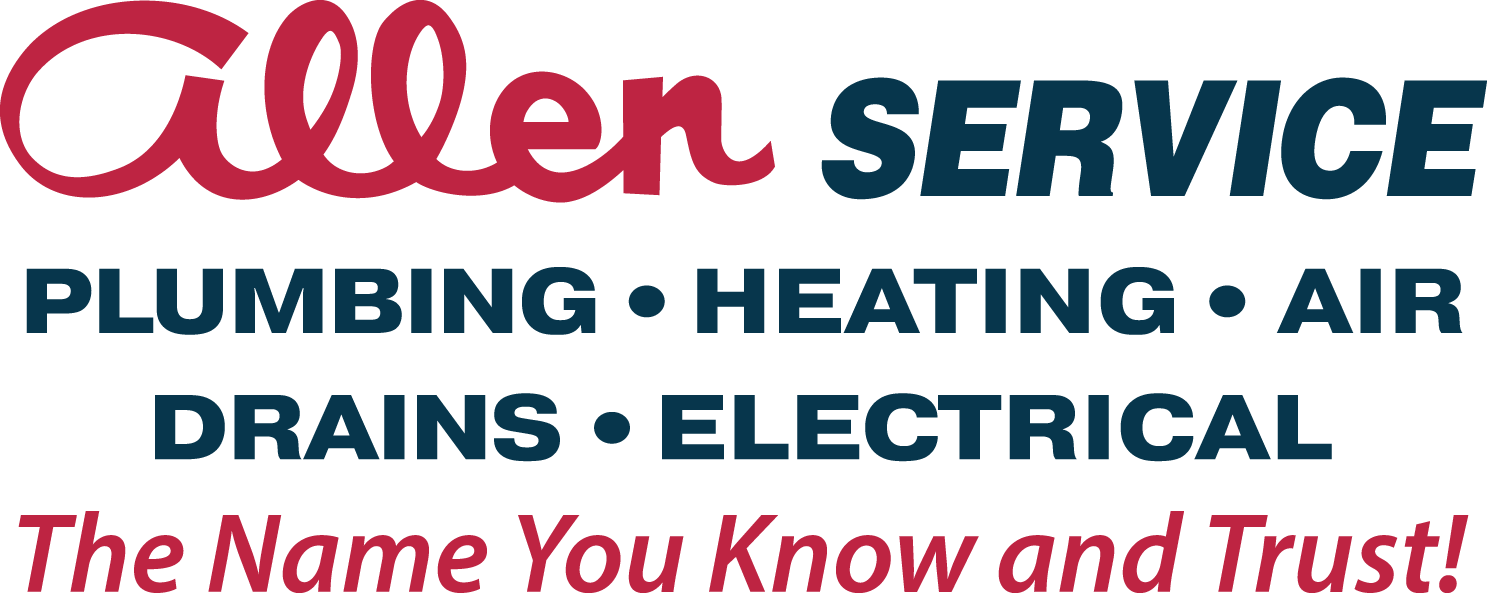
Whether you’re referring to a commercial building or a residential living space, maintaining fresh, clean air is essential for a comfortable and healthy interior. Two key players in this conversation are duct cleaning and air cleaning. But what’s the difference? If you complete one task, is it necessary to perform the other? Explore these indoor air quality elements to help you make informed decisions about your living or working environment.
Duct Cleaning
Duct cleaning is a detailed process involving the removal of dust, debris, and contaminants from various components of your air duct system. While the primary goals are to enhance HVAC efficiency, maintain the integrity of your ducts, and remove hazardous materials, duct cleaning can also impact indoor air quality.
Situations That Demand Duct Cleaning
How do you know it’s time to clean your ductwork? The Environmental Protection Agency (EPA) indicates that you need professional air duct cleaning if you spot visible mold growth, vermin infestation, or excessive dust inside the ductwork. It’s also wise to schedule a cleaning after renovating your home or every few years if you have furry pets. This service can also alleviate sick building syndrome. This is when you have allergies or other unexplained respiratory symptoms at home or work, which dissipate when you leave the building.
Benefits of Duct Cleaning
Consider the many reasons why air duct cleaning might be worthwhile:
- Increased airflow: Clean air ducts promote smooth HVAC performance, boosting system efficiency and comfort from room to room.
- Reduced allergens: Clean ductwork means fewer airborne pollutants, which makes life more comfortable for people with asthma or allergies.
- Fewer odors: Air duct cleaning removes offensive odors from pets, cleaning agents, and food preparation that have built up in the ducts, leaving your home smelling fresh and clean.
Air Cleaners
Air cleaners encompass a variety of devices and technologies designed to remove or reduce airborne contaminants. These devices fall into one of two categories: air filters or air purifiers.
Air Filters
HVAC air filters trap dust, pet dander, pollen, and other airborne particles. The more efficient the filter, the smaller the particles it can remove, and the cleaner it leaves your indoor air. Regularly checking and replacing your HVAC air filter is a must. Depending on the environment and filter type, you may need to replace the filter as frequently as once a month or as rarely as once a year.
HVAC professionals recommend never running your heating and cooling equipment without a filter because it protects your system from potentially damaging dust particles. Of course, you need a filter with a high enough MERV rating to enjoy indoor air quality benefits.
MERV stands for minimum efficiency reporting value. Ratings range from 1 to 20, with higher numbers indicating a filter’s ability to capture smaller and smaller particles. For example:
- MERV 1-4 is the standard range for filters that come with new HVAC equipment. They’re used in residential settings to capture large particles like dust and lint.
- MERV 5-13 is suitable for typical residential and commercial environments requiring more advanced filtration than basic filters can provide. They can trap smaller particles like pet dander and mold spores.
- MERV 14-16 is often reserved for critical areas like hospitals, where removing disease-spreading microbes from the air is essential.
- MERV 17-20 describes high-efficiency particulate air (HEPA) filters designed to capture at least 99.97% of particles down to 0.3 microns in size. Commonly found in cleanrooms, medical facilities, and factory settings, HEPA filters can remove the smallest microscopic particles with incredible reliability.
Your choice of MERV rating should align with your specific air quality needs and the HVAC system’s ability to handle the air resistance associated with more significant filtration. For instance, it’s highly uncommon to find HEPA filters in residential HVAC systems because the filtration level is overkill for this setting, and they stress the blower motor beyond its capabilities.
Air Purifiers
While adept at trapping particles, most air filters aren’t designed to remove gases or odors. That’s where air purifiers come in. These devices are often combined with media air filters to provide comprehensive air cleaning. They use electricity and other means to clean indoor air in several ways. For example:
- Ionizers release negative ions that attach to airborne particles. The newly formed negative particles are then attracted to positively charged surfaces, effectively removing them from the air you breathe.
- Electrostatic precipitators apply high-voltage electricity to charge particles passing through them. The charged particles then “stick” to collection plates with an opposite charge, trapping them and leaving the air cleaner than before.
- UV lights neutralize microorganisms like bacteria, viruses, and mold. They disrupt the DNA of these microorganisms, making them unable to replicate.
- Activated carbon air purifiers are adept at adsorbing odors and gases, including cigarette smoke and volatile organic compounds (VOCs).
- Ozone generators produce ozone, which reacts with certain chemicals and odors to neutralize them. However, they are controversial due to the potential health risks associated with ozone exposure.
Selecting the right type of air purifier depends on the specific needs of your environment. Understanding the pollutants, microorganisms, and odors present—along with the technologies best suited to address them—is the key to choosing an air purifier that effectively enhances indoor air quality.
Schedule Indoor Air Quality Services in Fort Collins
Clearly, there’s no one-size-fits-all approach for creating optimal indoor air quality. Different families and businesses have differing needs, so the best solutions vary. Whether you’re looking to clean your air ducts or install a dedicated air cleaner, Allen Service has you covered. Our experienced team will assess your unique situation and recommend the perfect combination of duct cleaning, air filtration, and air purification to improve your indoor air. Contact us today at 970-672-1660, and let us bring fresh air to your interior.
